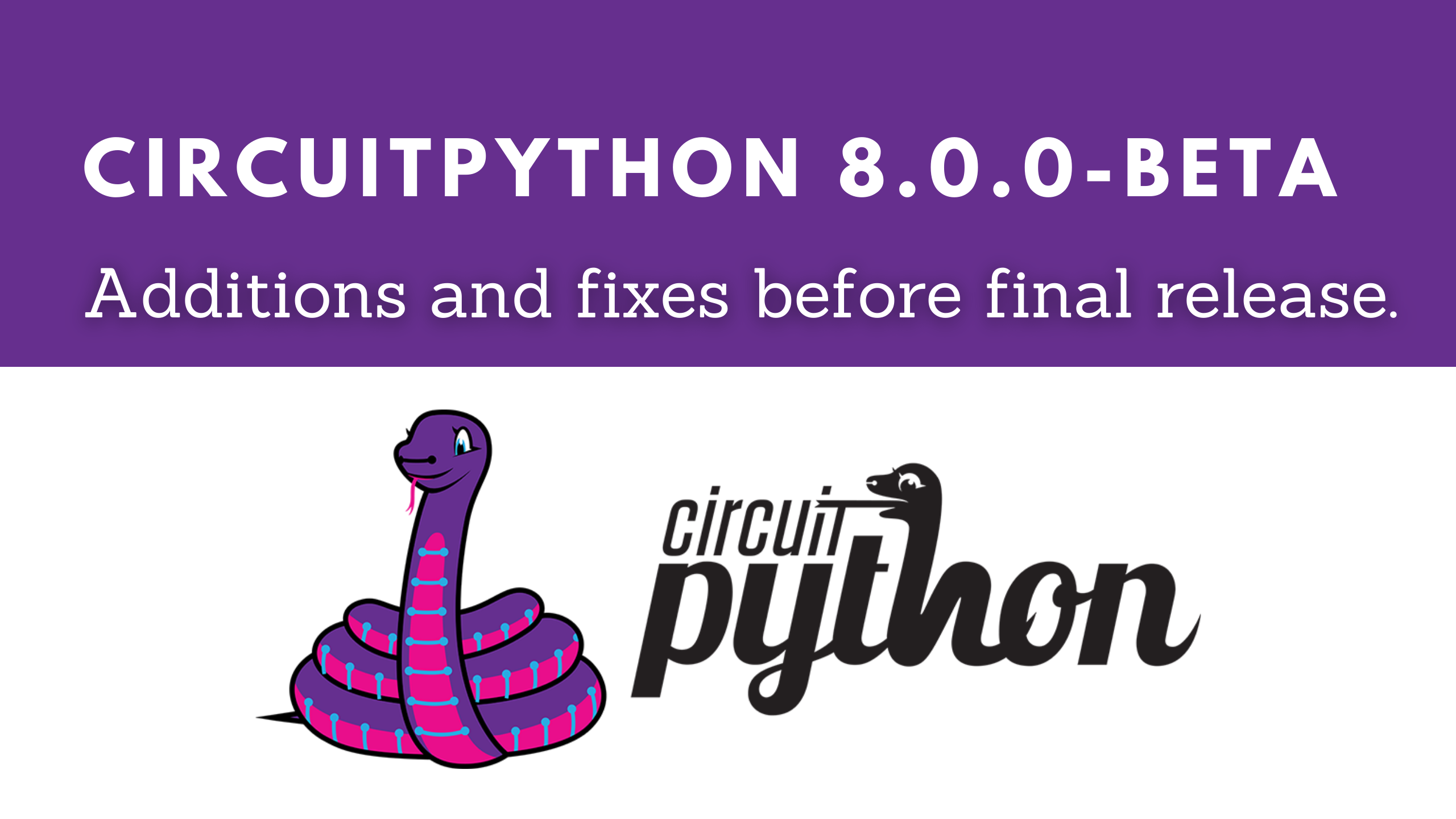Support for bulk analogue inputs, compatibility with new boards, and a smart status line to help with troubleshooting are further enhancements.
The CircuitPython 8.0.0 beta is now available for download, and it includes a number of updates including a new wireless in-browser workflow, a smart status bar, and early support for bulk analogue input features.
CircuitPython core developer Dan Halbert describes the most recent version as "CircuitPython 8.0.0-beta.1 [is] a beta release for 8.0.0." Although it is comparatively reliable, further improvements and repairs must be made before the product is released.
The introduction of what Halbert refers to as its "Wi-Fi workflow," intended to simplify the software's initial setup, is the main new feature for CircuitPython 8.0.0. Without requiring a physical connection, a user may now find CircuitPython devices, explore their filesystems, upload new code, download current programmes, modify files, and start a serial or REPL connection using the new Wi-Fi workflow.
A one-line status bar that may be found in the title of a terminal window or the top line of an associated display provides details on the most recent exception that was detected, the version of CircuitPython being used, and the connection status is another significant feature. Support for users of the Mu or Thonny integrated development environments (IDE) is anticipated soon.
For users of the Raspberry Pi RP2040, there is initial support for bulk analogue inputs using analogbufio, which will be expanded to additional microcontrollers in the future. Halbert also refers to the new Raspberry Pi Pico W's Wi-Fi capability as having undergone "preliminary implementation."
Other updates include the ability to pass filenames directly to WaveFile and MP3Decoder for playback, camera support on Espressif ESP32, ESP32-S2, and ESP32-S3 microcontrollers, the ability to preserve pin states during deep sleep on Espressif platforms, full-range analogue inputs, a fix for printing out whole-number floats "exactly and correctly," and support for additional boards like the STM Nuclea-F446.
The source code for the beta build is released under the permissive MIT licence on the CircuitPython GitHub repository. Those searching for built binaries should locate their board on the CircuitPython downloads page.












